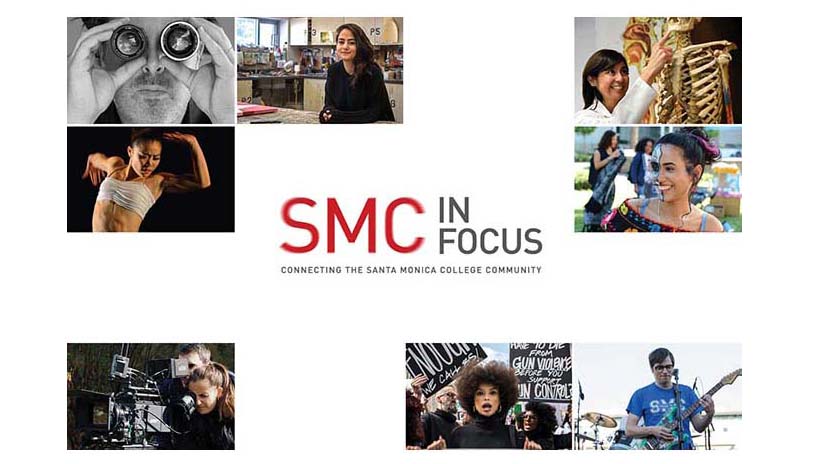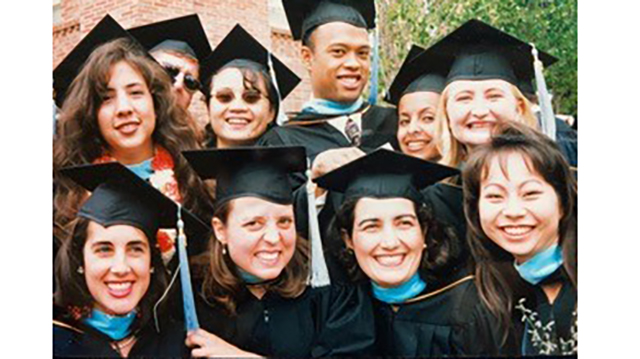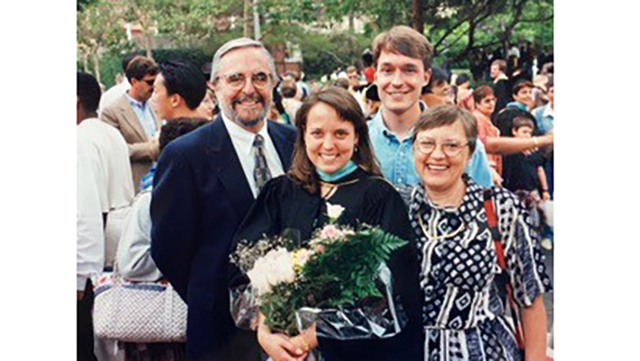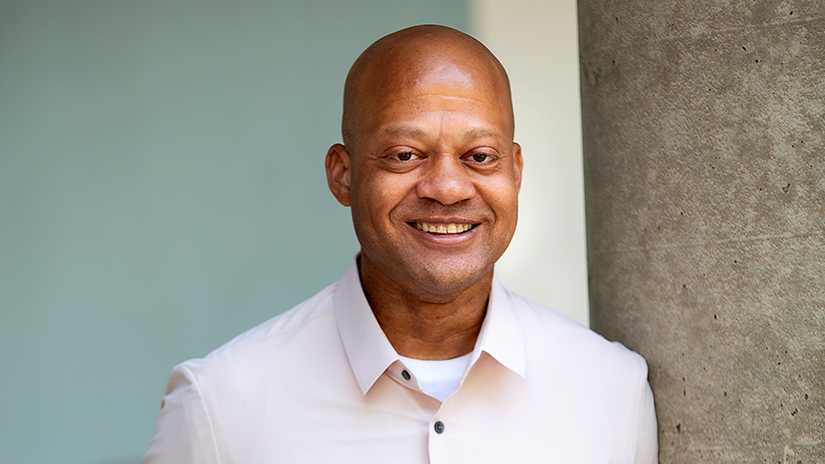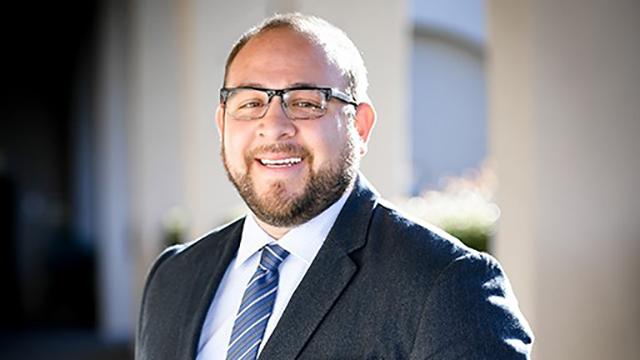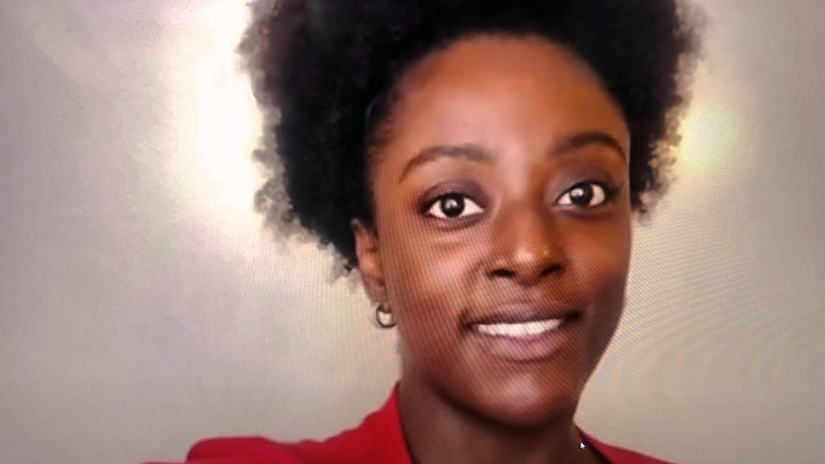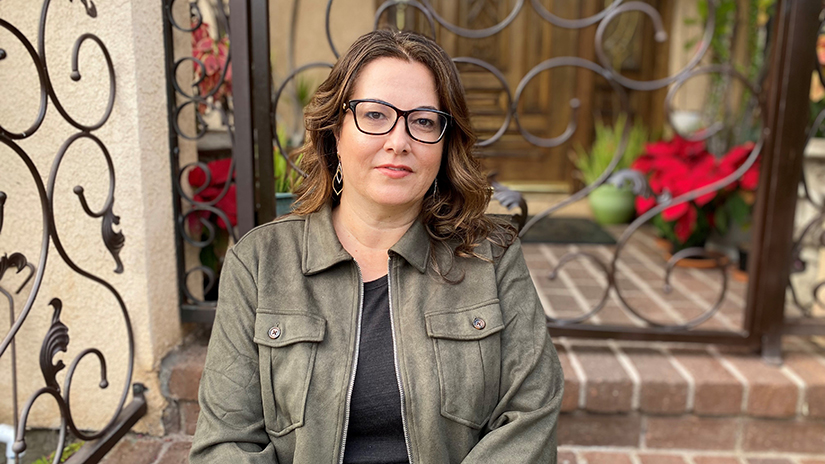
THE LAST five years has been both eye-popping and humility-inducing for Jessica Krug. The longtime SMC English department faculty member had always believed she was helping students succeed.
After Assembly Bill 705 passed, she started to have doubts.
Then-department chair Jason Beardsley (now dean of instruction) tapped Jessica to serve on the committee tasked with redesigning the curriculum to comply with the new law. Passed unanimously by the California legislature in 2017, AB 705 called for phasing out placement tests and radically dialing back remedial math and English at community colleges.
“The idea was that everyone should get into transferable English within a year,” says Jessica, who has taught dozens of remedial reading and writing sections since joining SMC’s faculty in 2002.
Skeptical at first, when she and colleagues on the AB 705 Curriculum Committee started digging into the data and reflecting on their own classroom experiences, some felt embarrassment.
“It’s a very difficult thing to admit, but with the best of intentions and a lot of care, I was probably harming more students than I was helping,” says Jessica, who is now co-assistant chair alongside Susan Caggiano.
SMC’s English department became an early adopter of the new standard. The committee designed the AB 705-compliant course known as English 1 + 28, and its 120 instructors, including about 30 full-time faculty, began teaching it in fall 2018—a full year before the law took effect.
*
The old system had been a quagmire.
“You could conceivably take seven courses before you got to English 1,” Jessica recalls. “None of those units did you any darned good. They didn’t transfer. We were effectively asking students to hang in there for six, seven, eight years. That’s a big ask.”
Discouraged, many, especially those from low-income and minority backgrounds, dropped out.
The new system puts almost everyone into college-level reading and writing (English 1) from the get-go, with the option to sign up for concurrent supplemental instruction (English 28). Three standalone non-transfer credit courses (English 20, English 23 and 24) remain on offer, but they too are voluntary.
Instead of placement tests, high school grades are now the benchmark for student readiness in college-level English. Importantly, no student is barred from English 1 if they choose to enroll.
True, many won’t pass on the first try. But at least they get a chance at the golden ring. That’s crucial because English 1 is a pre-requisite for most other college-level coursework: it’s a must-have for students hoping to make degree progress in any pre-major.
*
The transition hasn’t been seamless.
As expected, under the new rules the English 1 passage rate dipped—down from 69 percent in fall 2017 to 63 percent in fall 2019. However total enrollment doubled in the same period: from 1,755 to 3,495 students.
“Our very first semester, 700 more students completed English 1 than ever before,” Jessica says.
Putting students of different skill-levels together in “heterogeneous classes” hasn’t been a problem, Jessica notes. “The bigger challenge I see is that struggling students get scared, overwhelmed. It’s not an issue of doing the work poorly. They disengage altogether.”
The most vulnerable students, she finds, are those at greatest risk of failure. (Under current rules, Corsairs get three shots at English 1. Thereafter, they may repeat the equivalent course at another community college.)
In shepherding these students toward success, the English department gets a big assist from instructional assistants working at the Writing and Humanities Tutoring Center and the ESL Department, although international students aren’t subject to AB-705.
Every academic department, however, has a stake in getting Corsairs across the English 1 finish line.
“It’s the foundational course where students learn how to put together a college essay, or how to conduct and write up a research paper,” Jessica says. “And individual students being successful is good for everybody. It’s good for them. Good for the college community. Good for the nation.”
The key to the program’s long-term success, she believes, is in faculty professional development—teaching not just English instructors but professors across all disciplines to be empathetic, student-focused pedagogues.
Just like Jessica’s father.
*
“Me, my brother, everyone in my family—we’re all teachers,” says Jessica, who grew up in Pasadena.
Her mom, Jill Wingell, taught special ed before becoming a social worker (she passed away in 2017). Her brother Jeff teaches visually impaired kids in Santa Barbara County. But it was Jessica’s Ivory Tower-dwelling dad who stands out as her hero.
Richard Wingell was a much-beloved USC music historian who passed away in 2012. An ex-priest, he’d taught Spanish and Latin at Marin Catholic High School before abruptly quitting the priesthood in 1968 and getting a PhD in medieval music.
An expert on early notation, he “thought nothing interesting had happened after 1415,” Jessica says, with a grin.
And yet he was a master teacher.
“His classes at USC were always filled, and he had grad students literally banging down the door, wanting him on their dissertation committees. More and more,” Jessica muses, “I believe that his approach is the right way to go for the vast majority of students: care about them, do the work, be available to give support.”
She hasn’t arrived at this conclusion lightly. Jessica spent much of her career seeking the keys that unlock instructional excellence. After earning her BA and MEd at UCLA, she went to work in 1996 teaching English at SaMo High. Her curricular range spans everything from “Repeat English” to Latin American lit and AP language and composition.
After leaving the classroom to start a family in 2002, she began working as an educational consultant. Her specialties are teacher observation, instructional coaching and faculty professional development. She started teaching developmental English part-time at Santa Monica College in 2002 and was appointed full-time faculty in 2015. By then she was working on her EdD in educational leadership at UCLA.
“My dissertation is my third child. I’m super proud of it,” she says, of her 2018 publication, a deep-dive into best-practices around faculty development at three award-winning community colleges.
Her two other offspring are daughters Sam, 18, and Allie, 14. Husband Paul is a portfolio manager with Wells Fargo. At his insistence, the family settled in the South Bay. (“We do stupid things for love, like give up our rent-controlled apartment in north Santa Monica,” Jessica says, with a shrug.)
Aside from her dad, the best teacher Jessica ever saw was her 5th grade teacher, Pam Powell. “She taught me a lot about how to be a ‘warm-demander.’ I loved her so.”
Another major influence was former SMC administrator Edna Chavarry, who led the Center for Teaching Excellence before assuming her current role as dean of student services at West Los Angeles College.
Going forward, Jessica is keen to build out the center’s model to create a robust infrastructure for teaching excellence at SMC. To that end, she serves on the Academic Senate’s Professional Development Committee.
As co-assistant chair of the English department, Jessica also co-leads faculty evaluations with Susan Caggiano and monthly professional development opportunities with Kayli Weatherford. As one of the resident experts on AB 705, she continues to ride herd on English 1 + 28 logistics. (Thirty sections are offered in the spring, of which Krug personally teaches two).
AB 705 won’t fix everything, and Jessica continues to study and tweak the reading and writing curriculum to make it better.
The last five years have convinced her that remediation is a dead-end.
“It’s hard for people to wrap their heads around,” she says, “but it’s not a skills thing. It’s a life thing. So many of my students have fine composition skills. The problem is they become demoralized. The more barriers we put up, the easier it is for them to just say: ‘You know what, I'm going to get a job.’
“The whole pathways movement in community colleges is so important,” Jessica adds. “We don’t want students taking extraneous units, because research shows the longer they stay, the less likely they are to finish. It’s a problem we can’t teach our way out of.”
Elisa Meyer, English Department Chair, sums up Jessica’s contributions to the department and SMC students succinctly and is the best note on which to end this feature: “What makes Jessica such an impactful instructor is her steadfast commitment to ensuring AB705 students are institutionally prioritized. Her advocacy goes beyond what she accomplishes in the classroom to include instructional support and basic needs, which means she’s advocating for the whole student. In addition, she fosters spaces where professors help each other improve their practice. This passion and advocacy have a ripple effect within the department and the institution, and SMC is tremendously fortunate to have her pedagogical expertise and service.”
* * *



